Your Subway sandwich order says a lot about your personality. If you like a classic Turkey breast then you are probably reserved, but easy-going. If your go-to order is an Italian B.M.T., then you’re probably into the finer things in life. Almost every Subway sandwich, or sandwich in general has a key ingredient in common – lettuce. Lettuce is a staple ingredient in not just sandwiches, but many everyday meals for people around the world, regardless of cultural background. However, many fast food giants such as Subway have found themselves in a predicament: there is almost no lettuce to put in sandwich orders.
Lettuce is considered a staple food in many kitchens, especially in the Western Hemisphere. A classic sandwich or salad will always contain some form of lettuce whether it be romaine or iceberg, but the water crisis is causing its ubiquity to dwindle. Shallow-rooted crops like lettuce do not have long and complex root systems that can reach far and wide for water. These crops thrive with a regular supply of water.
Agriculture is the second largest industry in Florida. With a steady supply of sunshine and rainfall each year, it is without a doubt the ideal climate for farming. At the same time, Florida’s population is booming, which means that the demand for resources, especially water, is increasing each year. Despite the plethora of aquifer systems in the Sunshine State, the amount of freshwater flowing into the springs has diminished as too much water is being removed from the basins. As a result, Florida has been experiencing more droughts and is on the verge of a major water crisis. Droughts and other natural disasters affect crop production, and if there are no crops, then there is no food.
Agriculture is one of the largest consumers of freshwater resources worldwide, accounting for approximately 70% of total global water usage. However, due to population growth, globalization, and climate change, this figure may diminish in the near future in order to meet the needs of competing industries. Moreover, with the global population on a steady rise, there might not be enough water to feed a projected 10 billion people in 2050.
Water scarcity can have devastating social and economic implications. It can exacerbate poverty and inequality, as it affects the livelihoods of those who depend on agriculture for their income. The lettuce shortage is only one step in the direction of a widescale issue of food insecurity. Food shortages and price spikes can have serious social and economic repercussions.
The world is a global village. The actions of one country can result in real consequences for another. Insular and individualist thinking has to become a thing of the past if we are going to survive the effects of the climate crisis. Here’s what we can do as a global society to conserve water and secure a more sustainable future:
- Conserve water by making home improvements. Adapting to the climate crisis means switching to more water-efficient toilets. A standard toilet uses approximately 1.6 gallons of water per flush, whereas more water-efficient toilets use only 1.2 gallons of water. Learn how you can save water and money here: https://conservationpays.com/
- Reduce Food Waste: An estimated one-third of all food produced is wasted. By reducing food waste, we can indirectly conserve the water used in the production process.
- Educate and Raise Awareness: Educate communities about the importance of water conservation and its impact on food security. Awareness campaigns can encourage responsible water use.
- Plant more drought-resistant crops: Plants such as tomatoes and melons have more extensive roots that can draw moisture from deeper areas of the soil. This means that they need less water and are more likely to thrive in dry climates.
- Government Policies: Governments can enact policies that promote sustainable water management in agriculture, such as regulating water use, incentivizing efficient farming practices, and investing in water infrastructure.
Water is an essential resource for life, and its importance cannot be overstated. Not only is it necessary for drinking and personal hygiene, but it also plays a crucial role in agriculture, which is the backbone of our global food supply. The relationship between water conservation and food production is inextricable, as efficient water management is critical to ensuring a sustainable and abundant food source for the world’s growing population.
The future of our food security depends on responsible water management. By adopting sustainable practices, we can ensure a more secure and sustainable food supply for our growing global population. Recognizing the significance of this connection is the first step towards a more food-secure and water-sustainable world.
References:
- Feng, Alice. Toilets. Princeton Student Climate Initiative, January 20, 2020
- Heggie, Jon. The Floridan aquifer: Why one of our rainiest states is worried about water, July 29, 2020
- Lai, Olivia. The Looming Water Crisis in Florida. May 13, 2022
- Myers, Jim. Some Vegetables Require Less Water Than Others. Oregon State University, April, 2011

